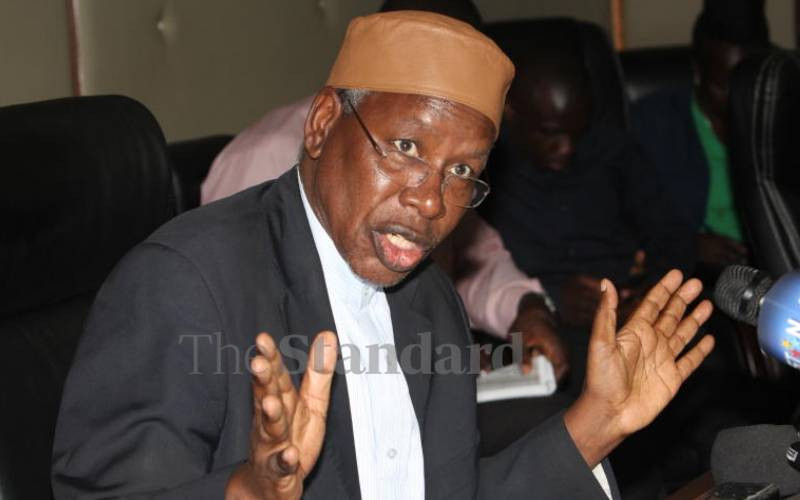×
The Standard e-Paper
Join Thousands Daily

Kenya's elections are among the most expensive globally, especially when it comes to sourcing voting materials.
In last month's elections, things were complicated further when governor polls in Kakamega and Mombasa were postponed due to what the electoral commission termed "a mismatch in ballot papers."